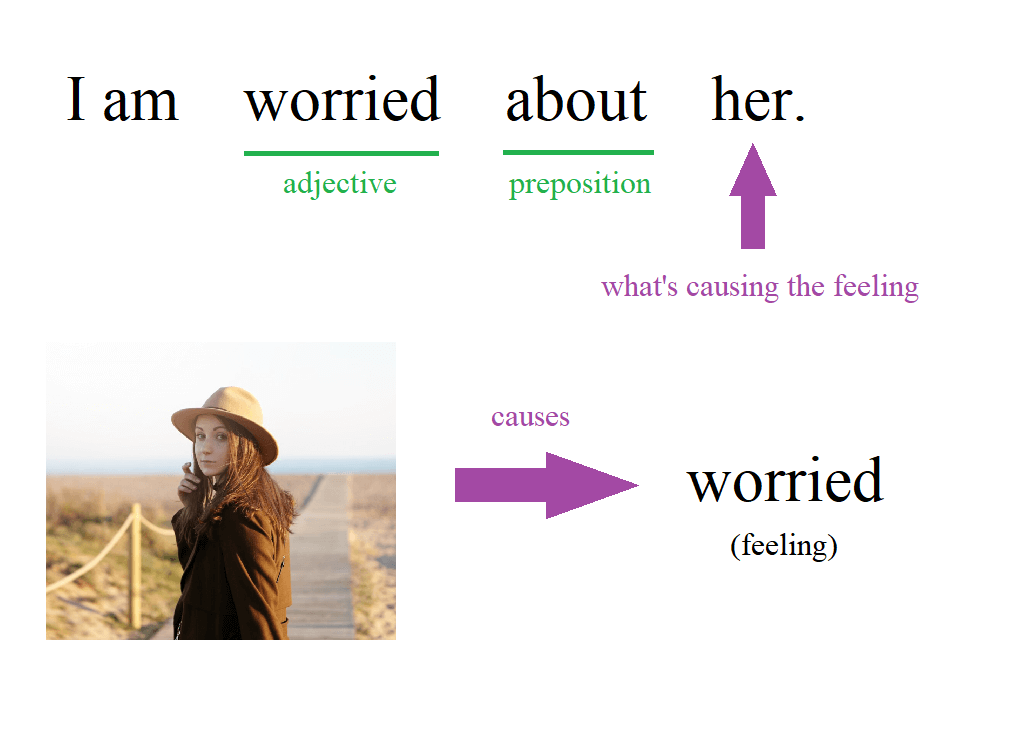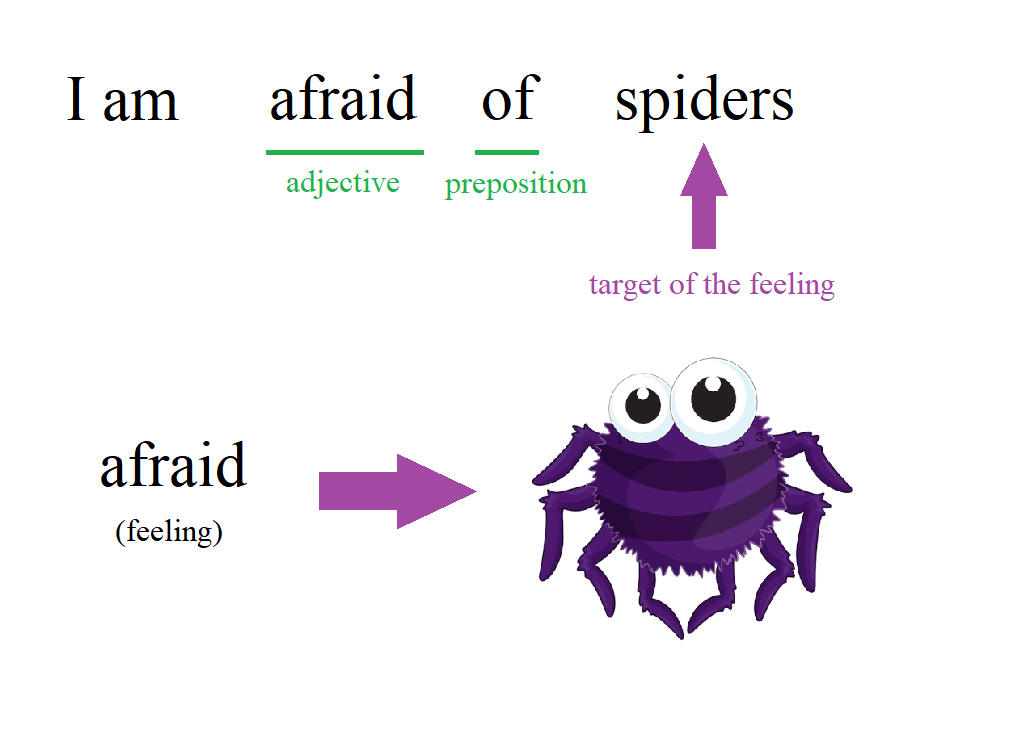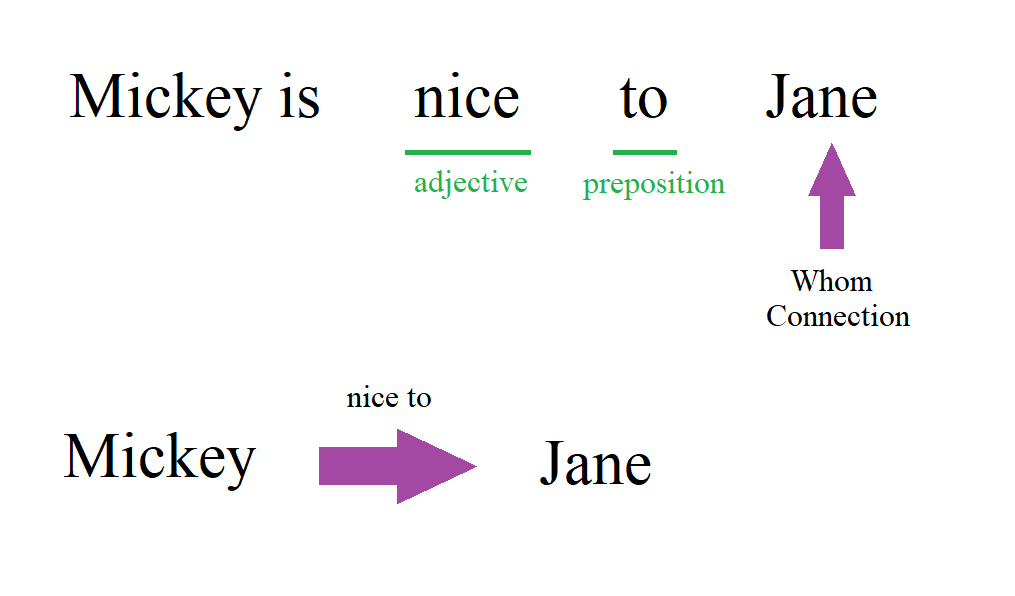Adjectives Followed by Prepositions
- Adjective + preposition patterns are common in English.
- These patterns help describe feelings, thoughts, and situations.
- Common patterns are: "interested in", "good at", "sorry for", "excited about", "afraid of", "nice to".
- Using a different preposition can change the meaning of the sentence. "Good at", "good for", and "good with" mean different things.
In English, we often use adjectives with specific prepositions to express our feelings, opinions, or describe situations. Understanding these patterns helps us communicate more clearly.
Common Adjective + Preposition Patterns
Some adjectives are always followed by a few specific prepositions.
For example, we always say "interested in", not "interested of" or "interested at".
Examples:
-
I am interested in this movie.
-
I am interested at this movie.
The choice of the preposition can change the meaning of the sentence. A good example is "good at", "good for", and "good with".
Examples:
-
Jonathan is good at soccer.
Jonathan can play soccer really well.
-
Vegetables are good for your body.
Vegetables can help your body and make you healthier.
-
Teachers are good with kids.
Teachers understand kids well and can manage them effectively.
Let's look at some other prepositions.
"About" - We use "feeling adjective" + "about" to describe what's causing the feeling. For example, "I'm worry about my mom" - my mom is causing me to worry.
"Of" - We use "feeling adjective" + "of" to identify the target of that feeling. For example, "I'm afraid of spiders" - spiders are the target of my feeling.
"To" - We use "feeling adjective" + "to" show the connection between people or things. For example, "I'm nice to my students" - shows how students and I are connected.



Here are some more common examples.
- Interested in - used when you want to learn more about something.
- Good at - used when you are skilled in something.
- Sorry for - used when you feel regret or sympathy.
- Excited about - used when you are looking forward to something.
- Afraid of - used when you are scared of something.
- Nice to - used when someone is kind or pleasant to another person.
Examples:
-
I am interested in science.
Subject ("I") + adjective ("interested") + preposition ("in") + noun ("science").
-
She is good at painting.
Subject ("She") + adjective ("good") + preposition ("at") + gerund ("painting").
-
We are sorry for your loss.
Subject ("We") + adjective ("sorry") + preposition ("for") + noun ("your loss").
-
They are excited about the trip.
Subject ("They") + adjective ("excited") + preposition ("about") + noun ("the trip").
-
He is afraid of spiders.
Subject ("He") + adjective ("afraid") + preposition ("of") + noun ("spiders").
-
You are nice to everyone.
Subject ("You") + adjective ("nice") + preposition ("to") + noun ("everyone").
Practice this topic with the AI English Tutor
AI English Tutor will teach you the grammar and practice it with you in a conversation format. Plus, 100+ practice questions on this topic to cement your understanding.
Try ALULA for free on your phone or tablet








Do you have any questions about this lesson? Ask in the comment section, below.